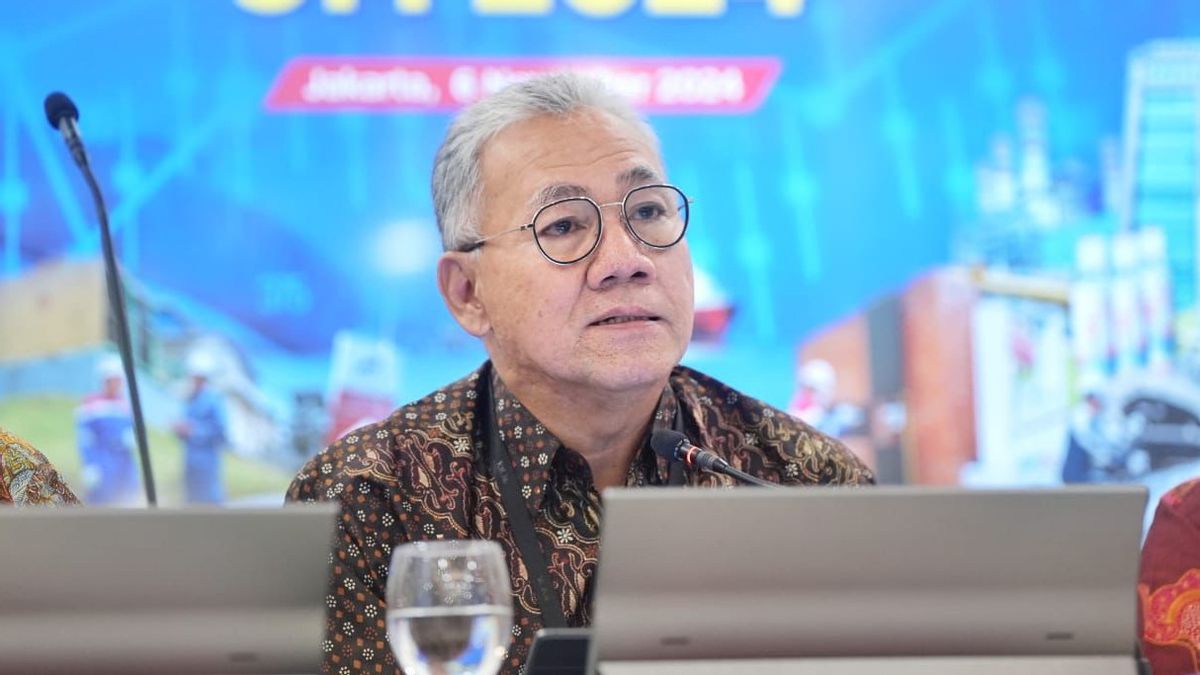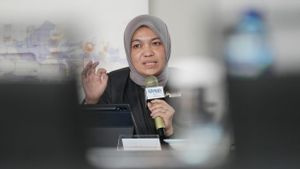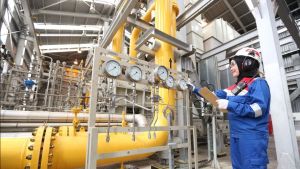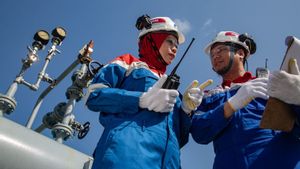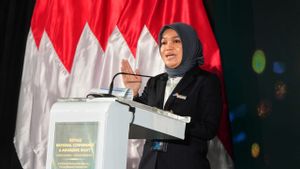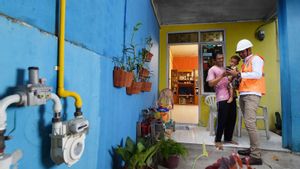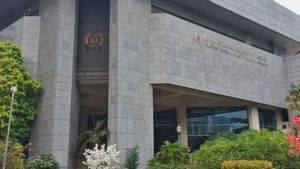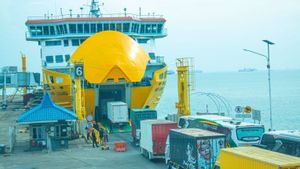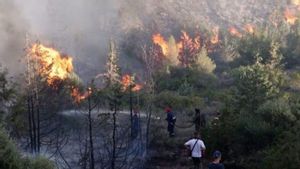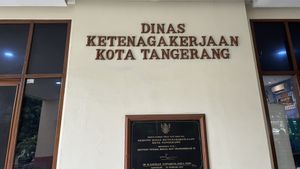JAKARTA - PT PGN Tbk as Pertamina Gas Subholding is committed to increasing operating capacity and expanding the reach of natural gas to support energy infrastructure in Indonesia. A number of strategic projects continue to progress until the third quarter of 2024 and are carried out with a focus on future contributions.
The first project is the construction of natural gas infrastructure, the Cilacap Tegal Pipeline, which is the implementation of the Grow pillar strategy to continue to develop the company's core business. The construction of this gas pipeline continues to utilize the Cirebon Semarang Gas Pipe Phase 2 towards the Cilacap RU IV Refinery gasification project. The volume to be streamed is 36 MMSCFD," explained PGN President Director Arief Setiawan Handoko at the 9M-2024 Konsolidation Performance Earning Calls PT Perusahaan Gas Negara Tbk on Wednesday, November 6.
The Tegal Cilacap pipeline will later be able to expand the reach of natural gas infrastructure to exercise on the southern side of Java Island and other potential customers along the pipeline, so that natural gas utilization will increase. Currently, this project is in the preparation of a commercial agreement between PGN and PT Kilang Pertamina Internasional, the implementation of FEED and licensing.
The next project is Cikampek Plumpang oil transportation as an initiation of the adaptary pillar. Kemi sees the opportunity to diversify PGN's business portfolio, namely by building pipeline infrastructure to distribute oil," said Arief.
The oil transportation pipeline construction project between TBBM Cikampek and TBBM Plumpang is carried out by a subsidiary of PGN, namely PT Pertamina Gas (Pertagas), in collaboration with PT Pertamina Patra Niaga (PPN). The development scheme used is the Build-Maintenance-Transfer (BMT) scheme and a period of 10 years of operation.
The pipe with a diameter of 16 inches and a length of 96 km is scheduled to be operated in the first quarter of 2027 to transport 4.6 billion liters of oil per year. As of September 2024, Pertagas and Pertamina Patra Niaga are in the process of preparing an agreement to provide Cikampek-Plumpang BBM pipeline services and prepare for the EPC tender.
Another strategic project is the household gas network (Gaskita) project which is implemented independently by PGN. This program started in 2021 and has been implemented in 36 cities/districts, including the development of Jargas outside the pipeline using CNG in Central Java (Yogyakarta, Sleman and Solo). As of September 2024, the overall construction progress has reached 88%. Meanwhile, the progress of pipe construction has reached 2,076 km or 93% of the target and 123,371 house connections (SR) have been installed from the target of 290,400 SR.
Next is the LNG Hub Arun Tank revitalization project. The LNG Arun terminal is strategically located along the main trade route and is close to the growing LNG market in Southeast and South Asia. Pertamina as the Oil and Gas Holding aspires to position LNG Arun Terminal as the leading LNG center in Asia. The first step is the revitalization of the F-6004 tank, which has not been operating since 2004. As of September 2024, the overall revitalization work progress has reached 35.33%.
SEE ALSO:
The last project is Biomethane, a strategic initiative by PGN to promote the widespread use of gas during the energy transition. PGN is advancing the decarbonization of the palm oil industry through the Biomethane project, utilizing palm oil waste," explained Arief.
PGN conducted a joint study with the Japanese Consortium on the development of biomethane. In addition, PGN has completed a Feasibility Study on the Utilization of Biomethane and Feasibility Studies for the Development of Injection Point Facilities at the Pagardewa SPBG, signed a Memorandum of Understanding (HoA) with a Japanese Consortium and obtained a Letter of Intent (LOI) with potential customers. PGN has completed FEED for Plant (Kilang) Biomethane in June 2024 and has appointed ISCC consultant Bio-certificate on September 30, 2024. (ADV)
The English, Chinese, Japanese, Arabic, and French versions are automatically generated by the AI. So there may still be inaccuracies in translating, please always see Indonesian as our main language. (system supported by DigitalSiber.id)
